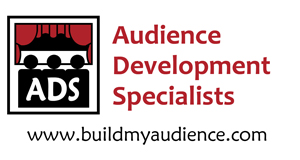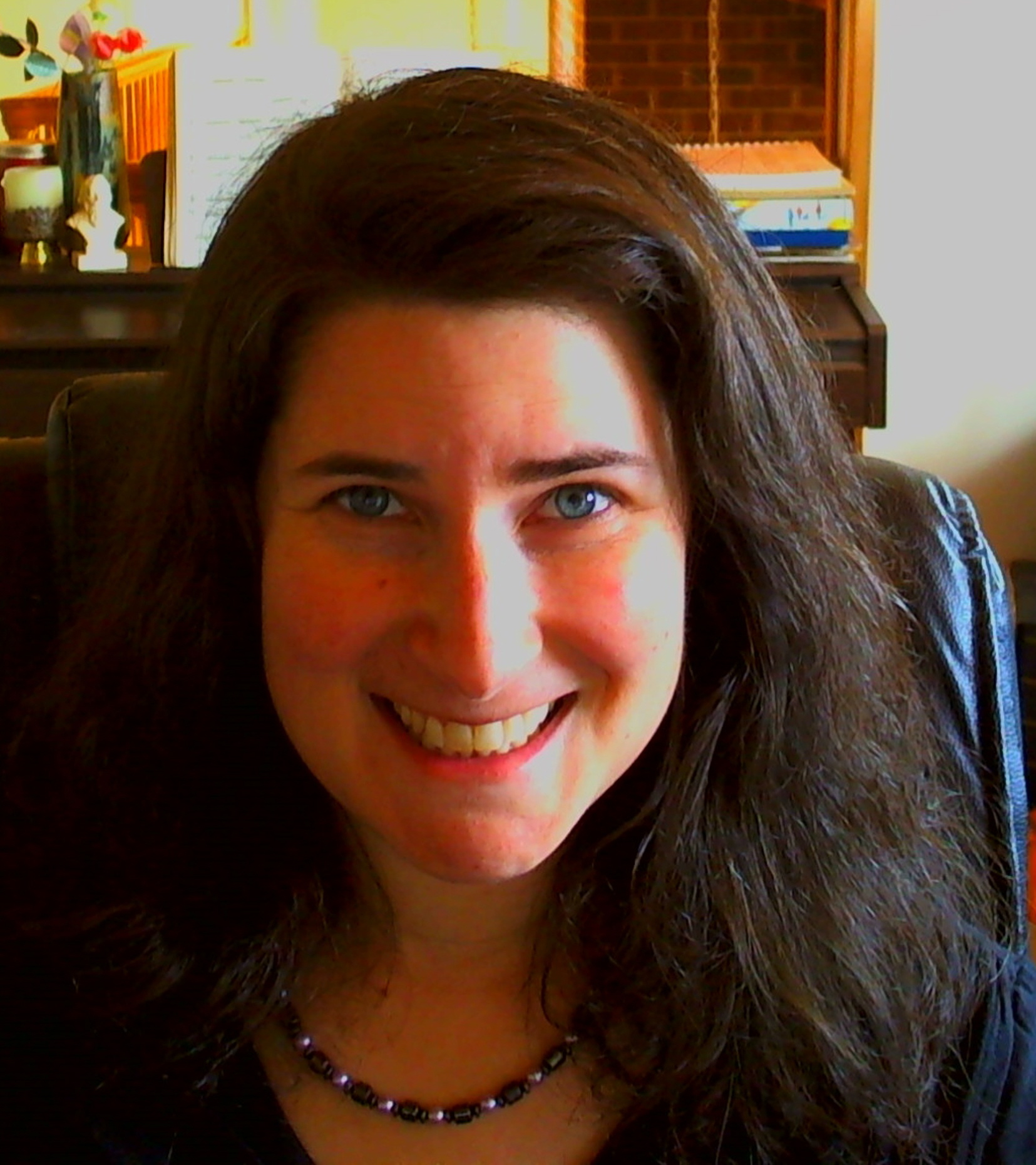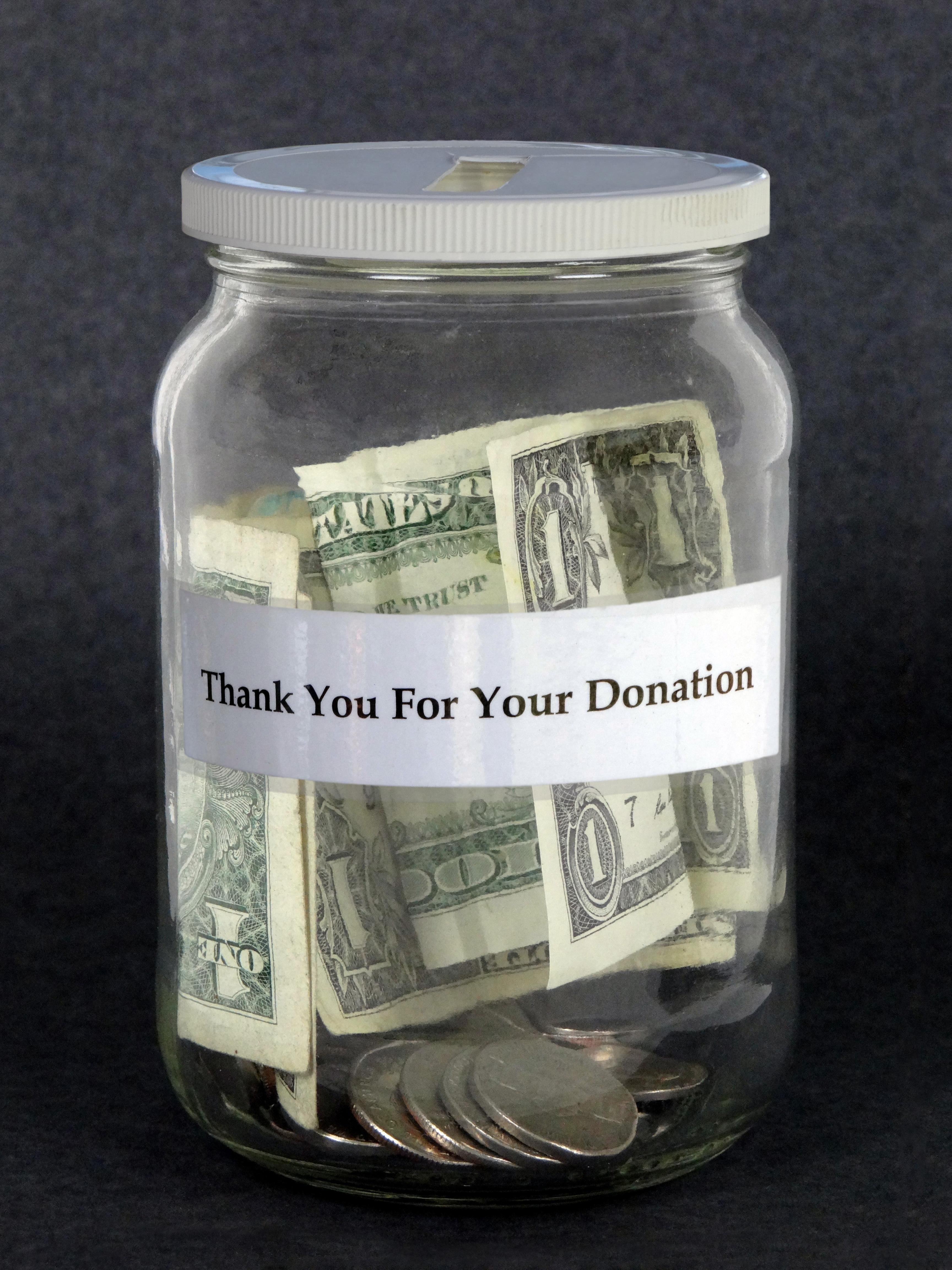
Well, he would win this award if it existed. Last night I finally watched Clive Davis: The Soundtrack of Our Lives. This documentary takes us through the decades of his amazing career as an executive of several record labels.
It was a trip down memory lane to hear all the music again with the video clips from the past, but what struck me even more interesting is the fact that this man, Clive Davis, was a natural for using audience development for his artists.
I was amazed at how on target he was the majority of the time for signing uniquely talented artists, but the way he treated his artists as the one-of-a-kind people that they are (were) is what truly is incredible.
He was a master of building relationships with all kinds of people and with using the 4 C’s of audience development.
He is the guy that can throw big parties – you look around the room, and it is filled with star studded people that genuinely love him. Some of the people in the room were his competition from other labels, but the respect ran deep despite the opposite camp. Looking around this room again, you witness that he built a community of people all connected to him in some way or another. He mentions that these people are his family too, and he treated them like family.
Clive used his connections smartly to help his artists. One great example is his signing of Alicia Keys. The start of her career with him was a little slow out of the gate, so he used a major connection card to jump start her career. One letter to Oprah Winfrey had Alicia booked on her show, and the rest is history. Clive knew the value of building relationships and forming these valuable connections.
The best example of using collaborations has to be his re-signing Santana later in the guitarist’s career. Remember that incredible, off the charts album, Supernatural? This was a compilation of collaborations with Rob Thomas of Matchbox Twenty, Dave Matthews, CeeLo Green, Lauryn Hill, Everlast, Eagle-Eye Cherry, Eric Clapton, and more. Wow! It was a win-win for so many people which included a 15x Platinum status, two number one hits, nine Grammy nominations and the win of album of the year (2000), as well as three Latin Grammy Awards, with one being Record of the Year.
The biggest C Clive used was his care for his artists. The most heartfelt example was his relationship with Whitney Houston. She was like a daughter to him. It was heartbreaking to see the tragedy once again for losing this angel of talent.
He took the time with each artist too. Most of them would say how they felt very cared for with his time and attention. What was incredible about Clive is he would pour over his mega storage of music to choose just the right songs for his artists. Or, he would come up with just the right suggestion to make their music even better. No wonder he signed so many talented people from all types of genres. Not bad for a lawyer who had no idea he had an on-target ear for hit music.
I also admired how diverse he was with his portfolio of artists through his career. He dived into all kinds of music – rock, pop, country, R&B, hip-hop, and more because good music is good music. He counter-balanced a male artist with a female one. Can you imagine if we allowed this kind of diversity for the arts into our lives and into all the arts?
We still have a great deal of work to do. Yesterday I read a new article on Medium called Black Concert Trauma. Women also are not get an equal share of artistic time, but I digress.
So, there you have it. Another great example of someone using audience development (albeit without the knowledge of it). Clive Davis was highly successful because he went this particular route, not cutting corners, and taking the time to get to know people well. He didn’t eBlast his way to success, he built it carefully, one relationship at a time.
Cheers to happy and loyal audiences,
Shoshana
Shoshana Fanizza
Chief Audience Builder, Audience Development Specialists




